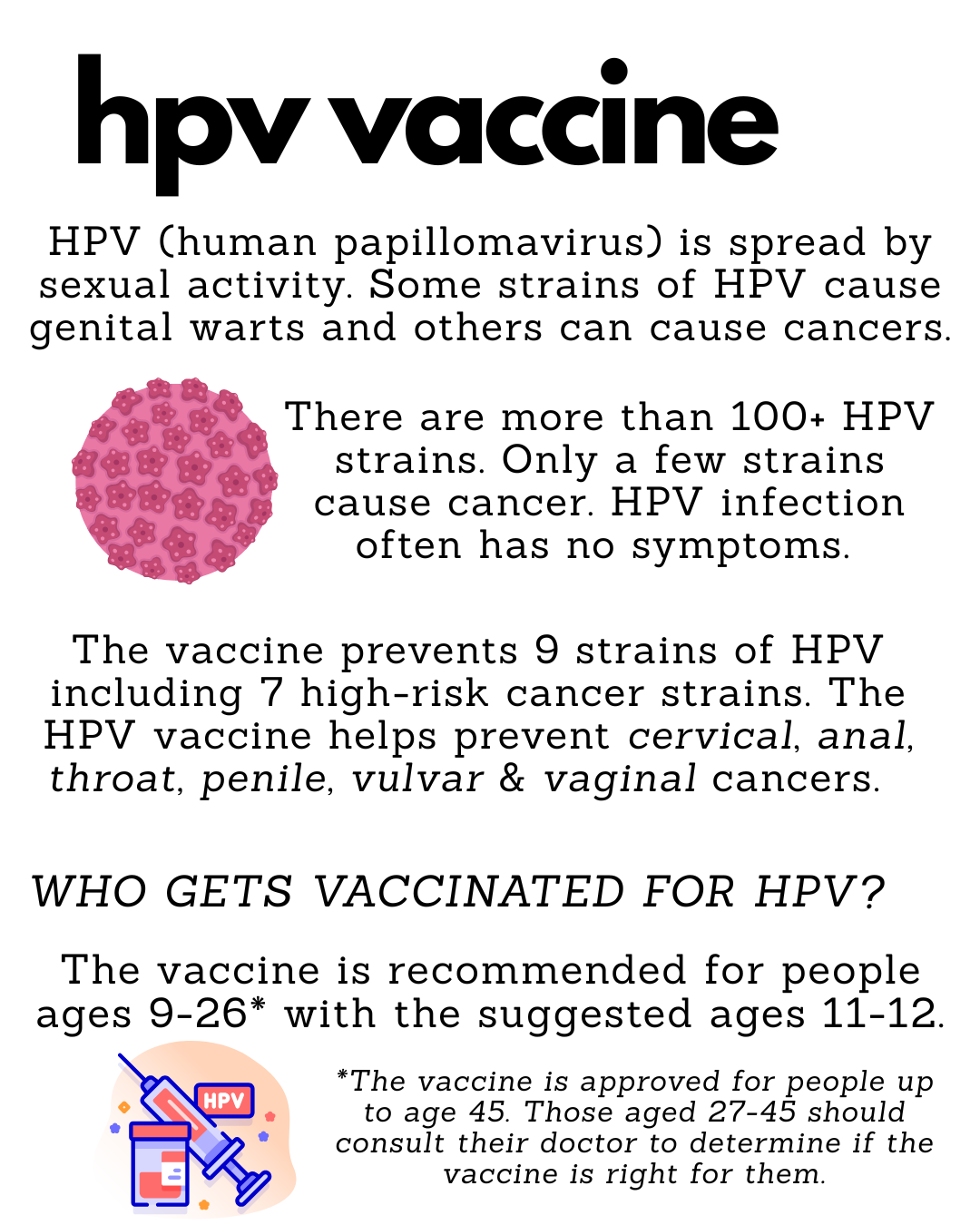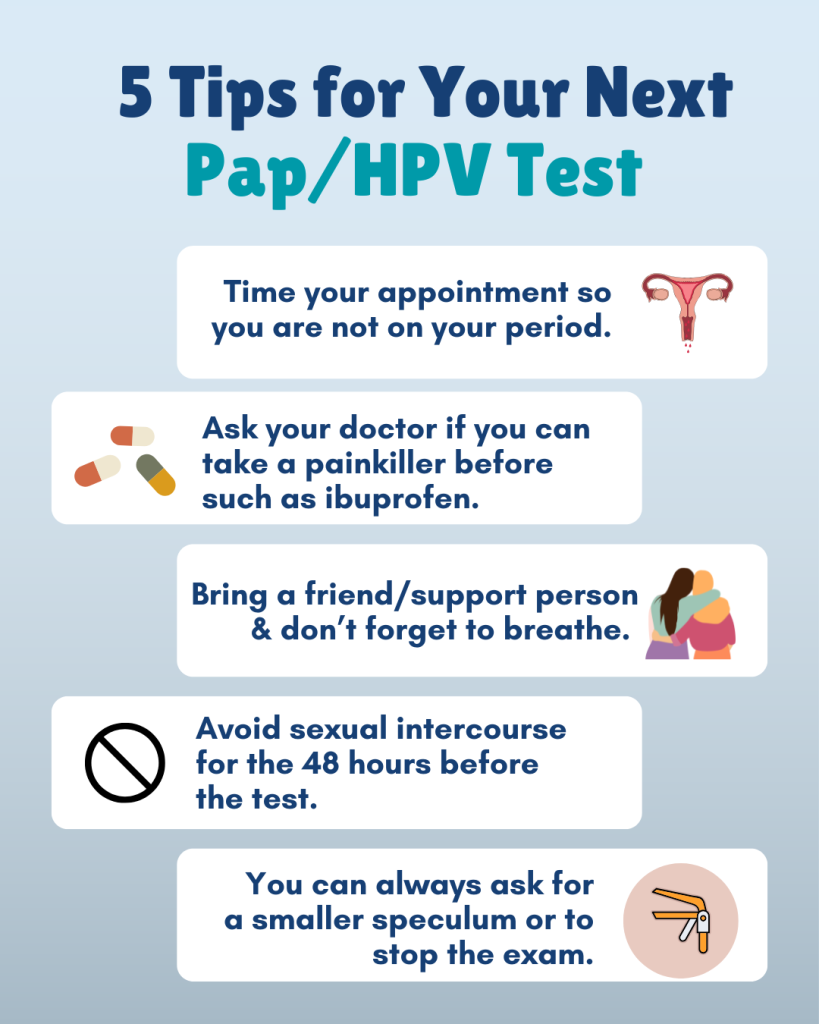HPV and Cervical Cancer Social Media Toolkit
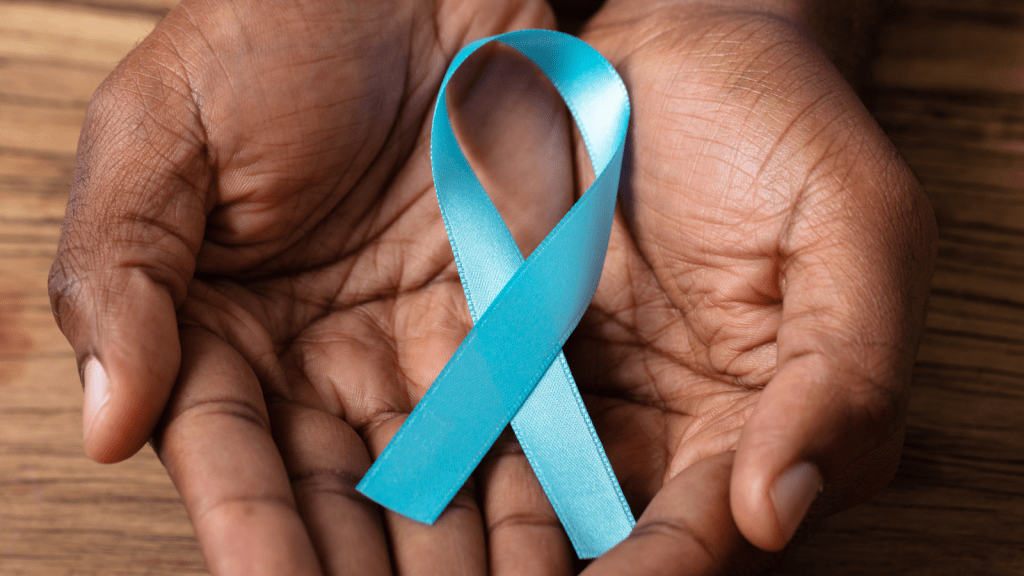
Each year, more than 13,000 women are diagnosed with cervical cancer in the United States. Yet cervical cancer is one of the most preventable cancers today. In most cases cervical cancer can be prevented through early detection and treatment of abnormal cell changes that occur in the cervix years before cervical cancer develops. If you’re passionate about cervical cancer awareness, prevention, and treatment, the resources here are for you.
Advocacy around cervical health is especially relevant during national observances, including:
- Cervical Health Awareness Month (January)
- HPV Awareness Day (March 4)
- Gynecological Cancer Awareness Month (September)
- Cervical Cancer Elimination Day (November 17)
Vaccination
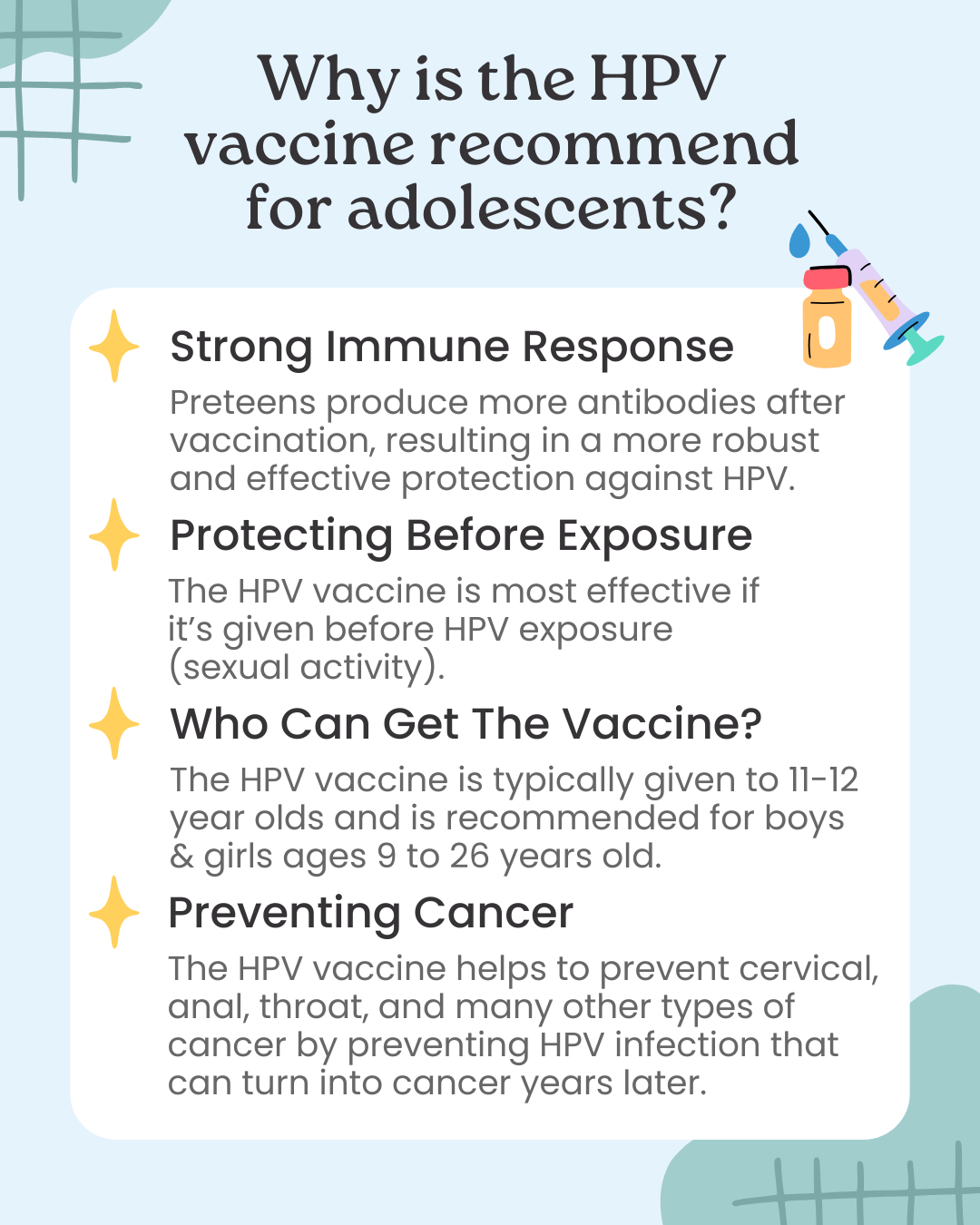
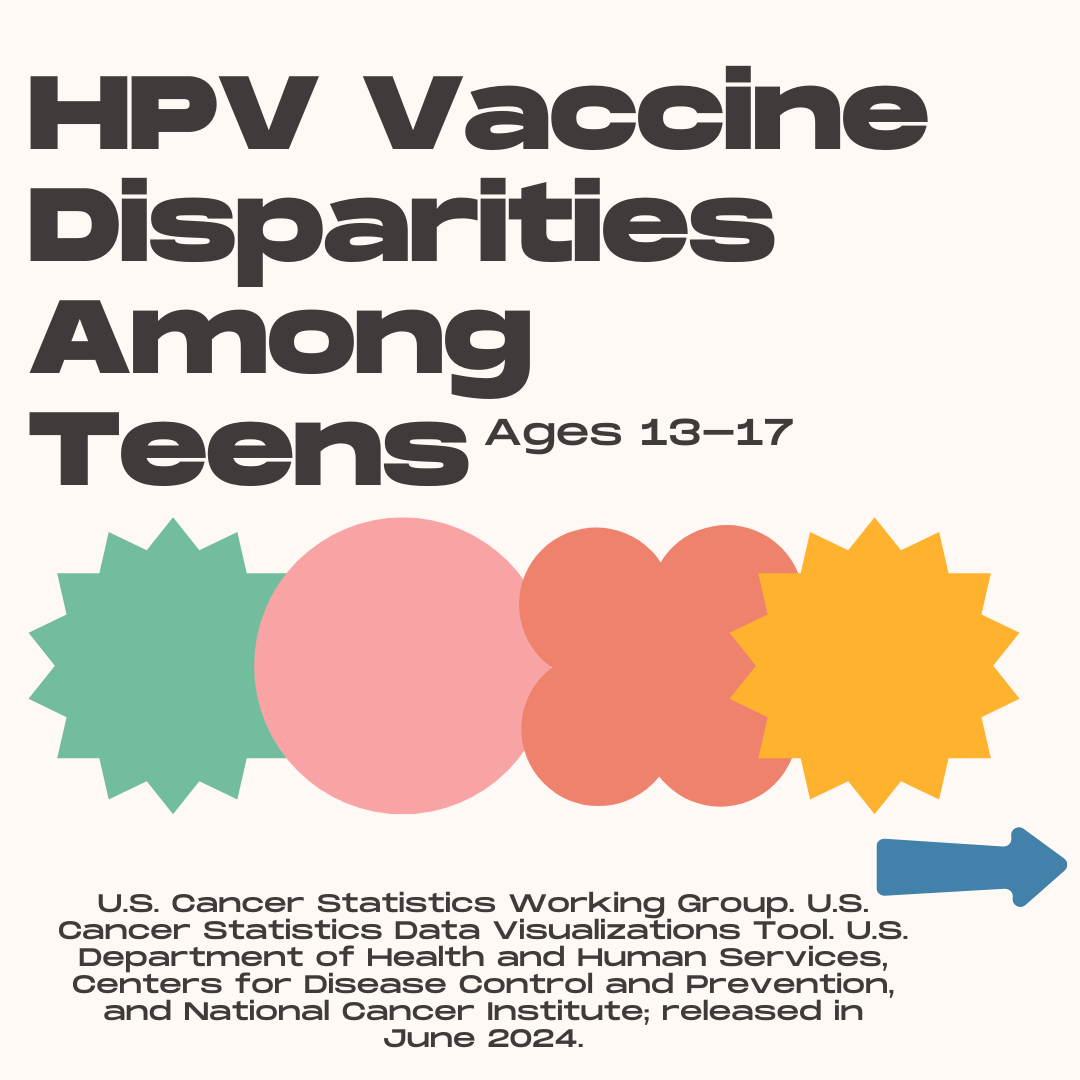
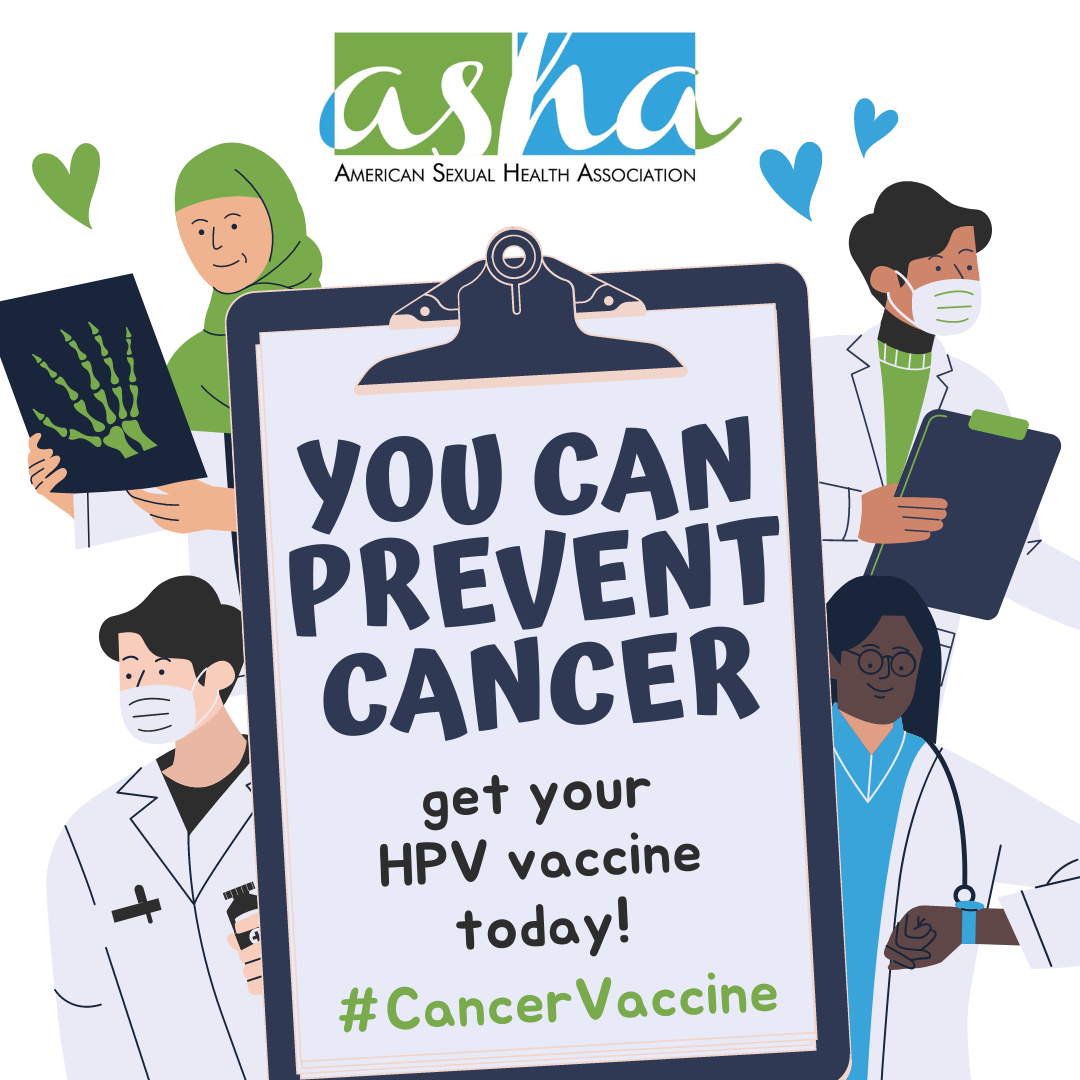
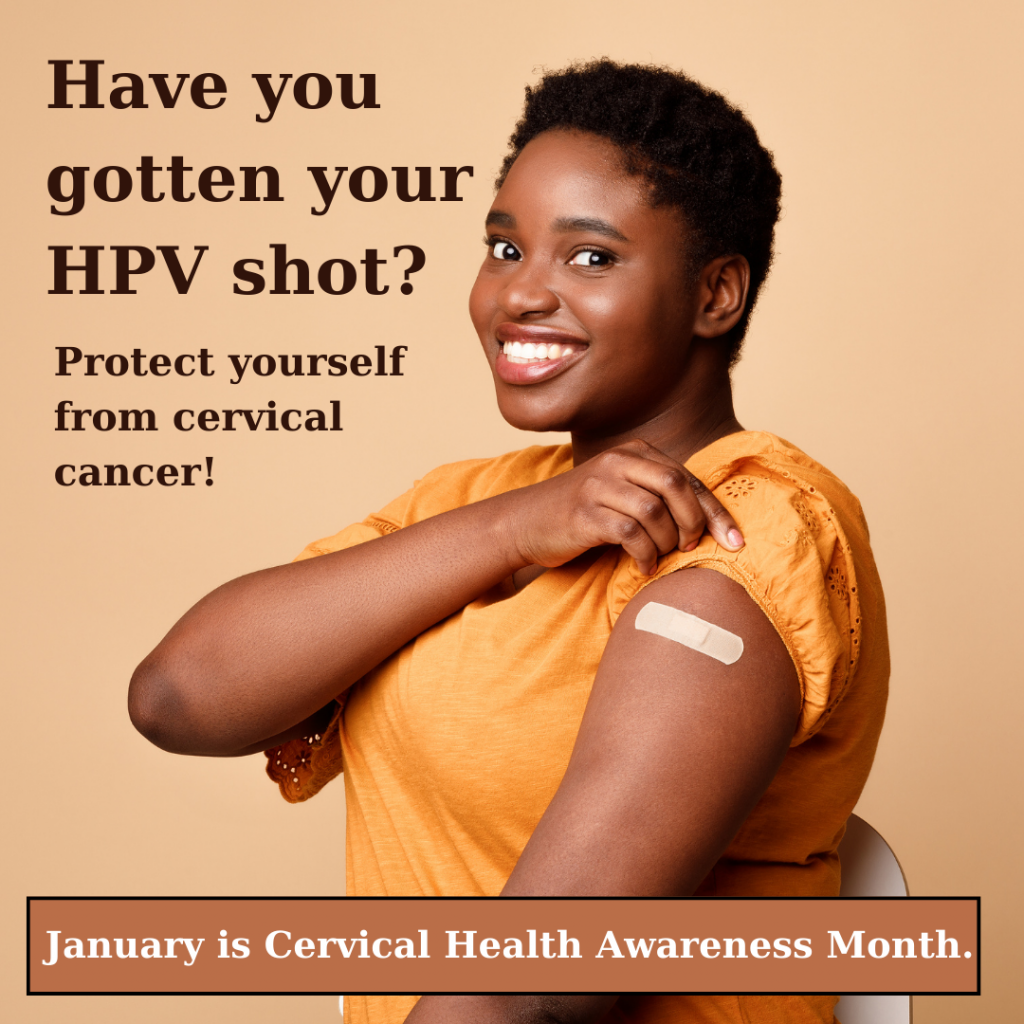
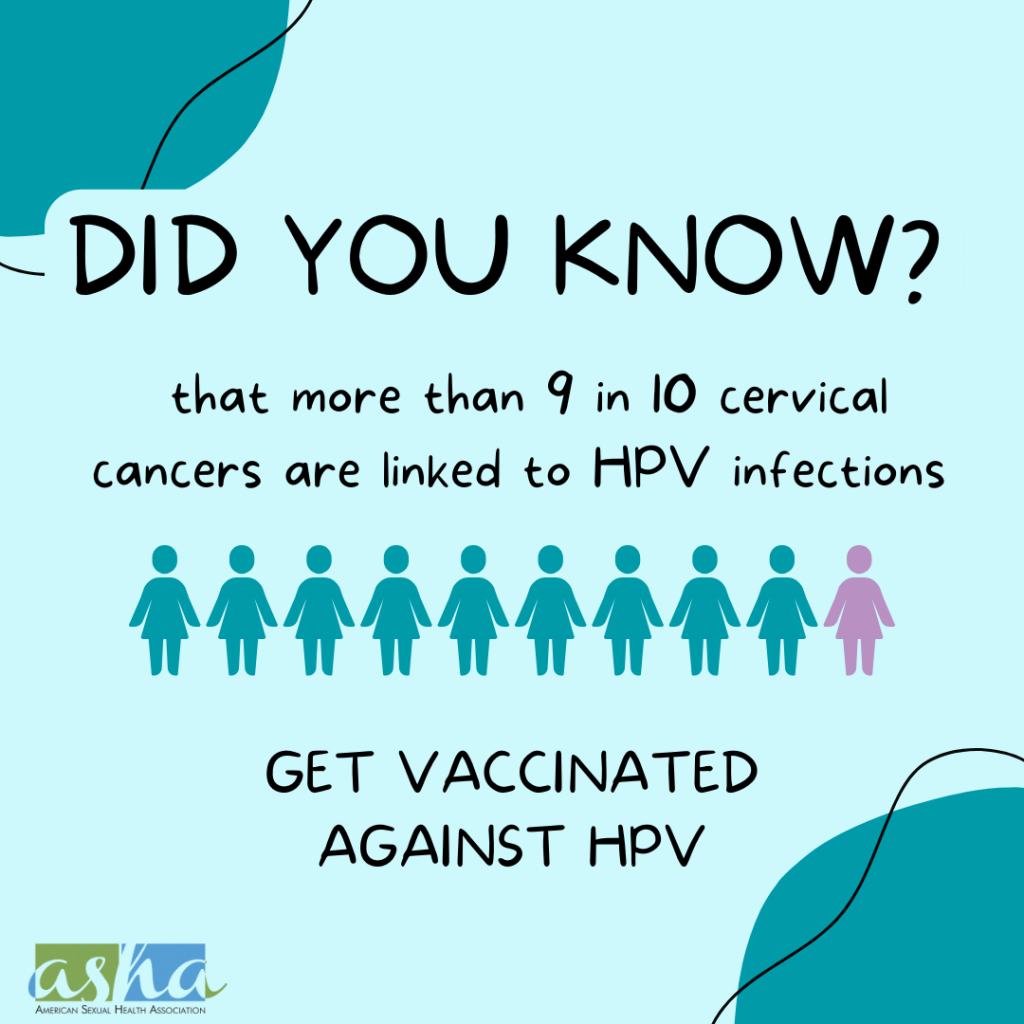
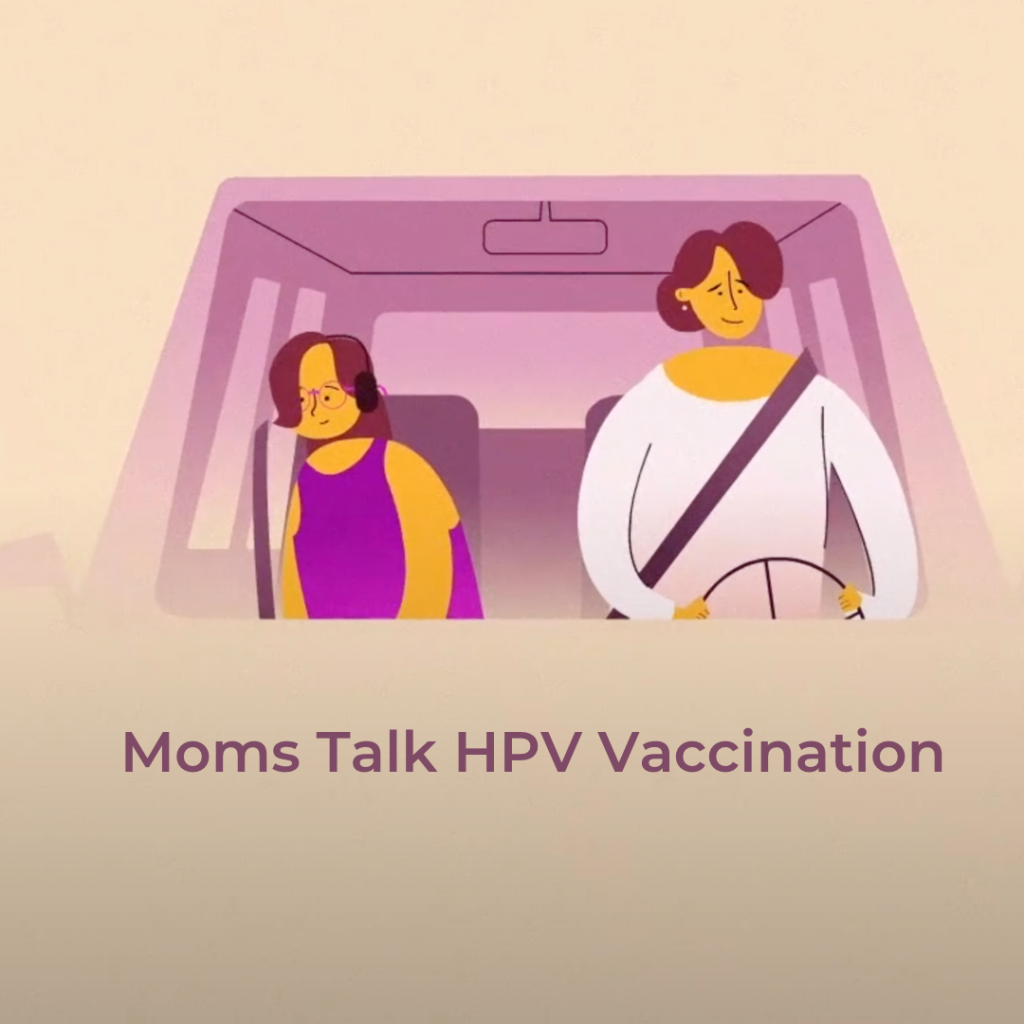
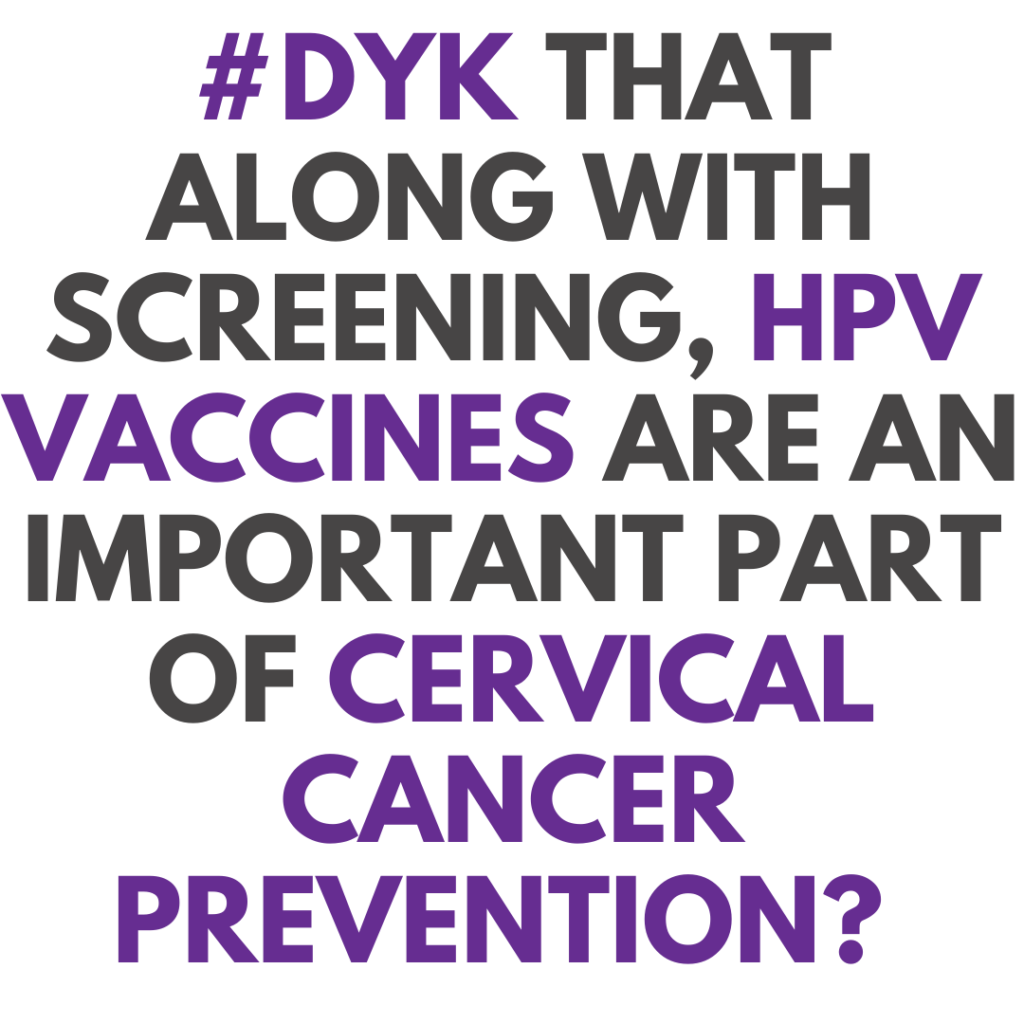
The #HPV vaccine is safe, effective, AND can protect you from some health problems like cancer and genital warts. https://bit.ly/NCCCvaccines #StopHPVCancer
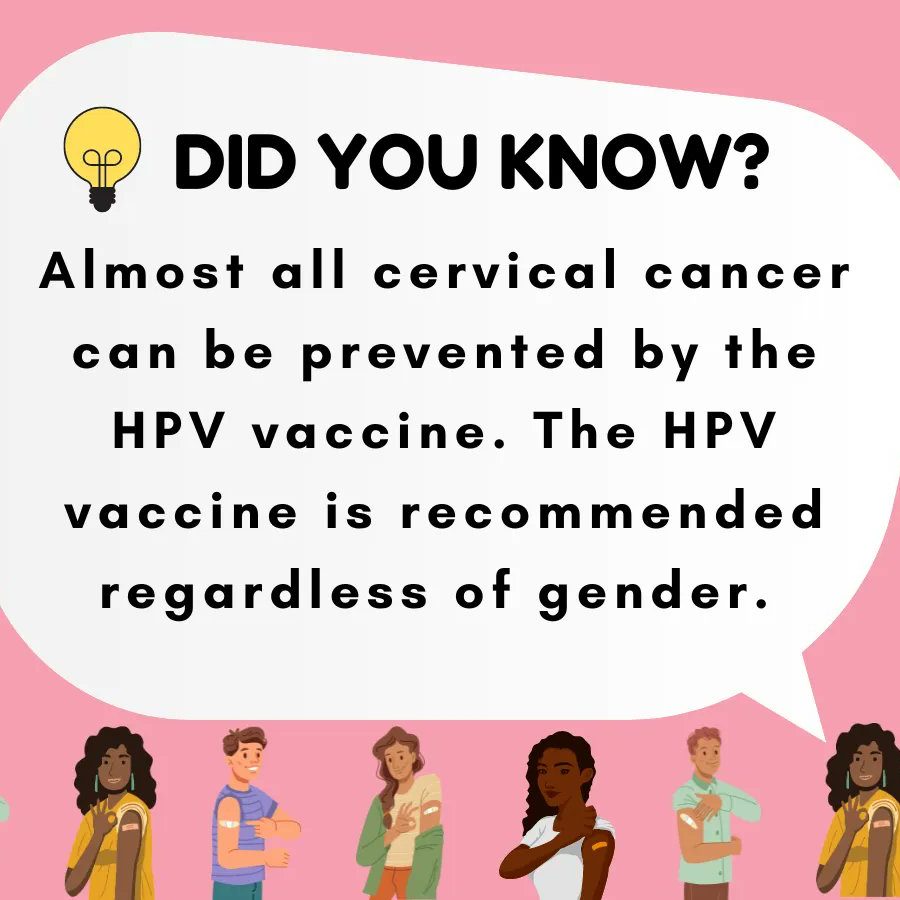
Getting the #HPV vaccine can help prevent cervical cancer! 💉 https://buff.ly/3Ji1Ppb #hpvcancer # #getvaccinated #cervicalcancer #StopHPVCancer
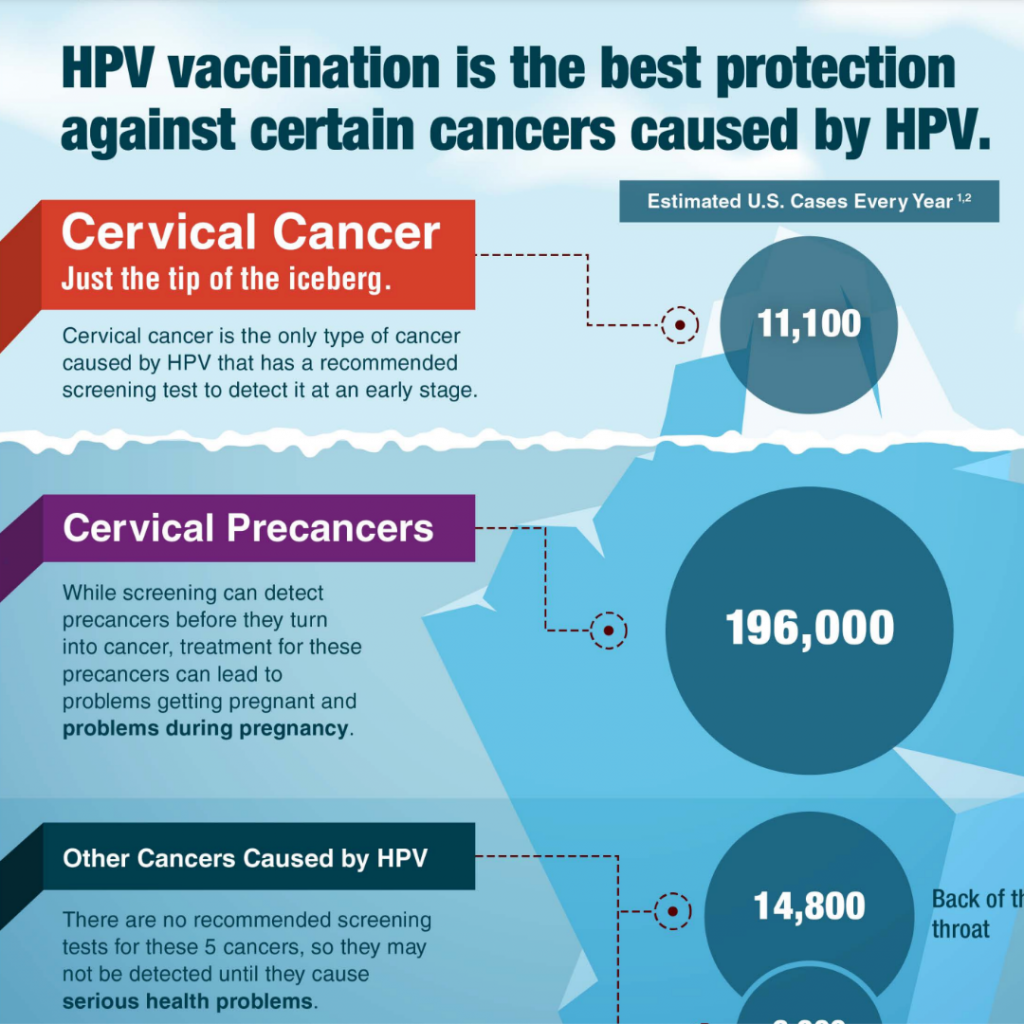
HPV vaccination can prevent over 90% of cancers caused by HPV, as well as anal, vaginal, cervical, and vulvar precancers (abnormal cells that can lead to cancer). https://bit.ly/HPVIceberg #StopHPVCancer
Screening and Prevention
Nervous about your Pap or HPV test? That’s common! Here are some tips for your next Pap/HPV test. Don’t hesitate to communicate your concerns or nerves with your provider (they are here to help and support you). https://www.nccc-online.org/cervical-cancer-screening/ #PapTest #PelvicExam #HealthAnxiety #HPV #HPVTest #PapSmear
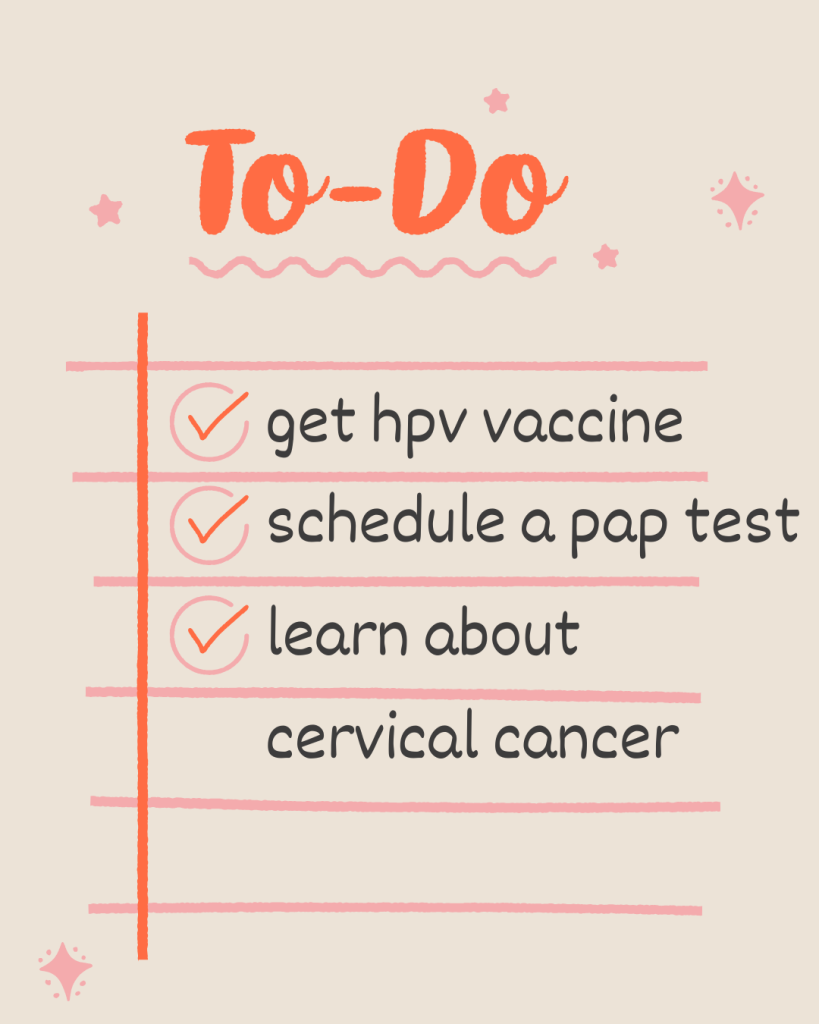
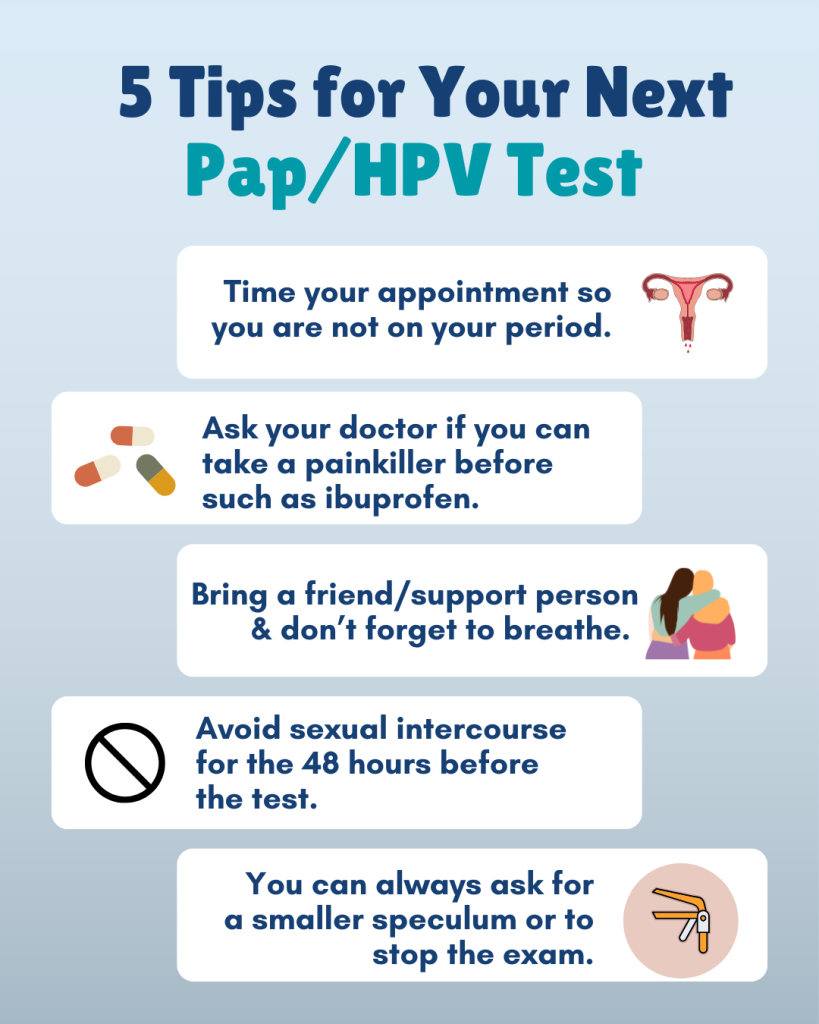
5 tips: Nervous about your Pap or HPV test? That’s common! Here are some tips for your next Pap/HPV test. Don’t hesitate to communicate your concerns or nerves with your provider (they are here to help and support you). #PapTest #PelvicExam #HealthAnxiety#HPV #HPVTest #PapSmear
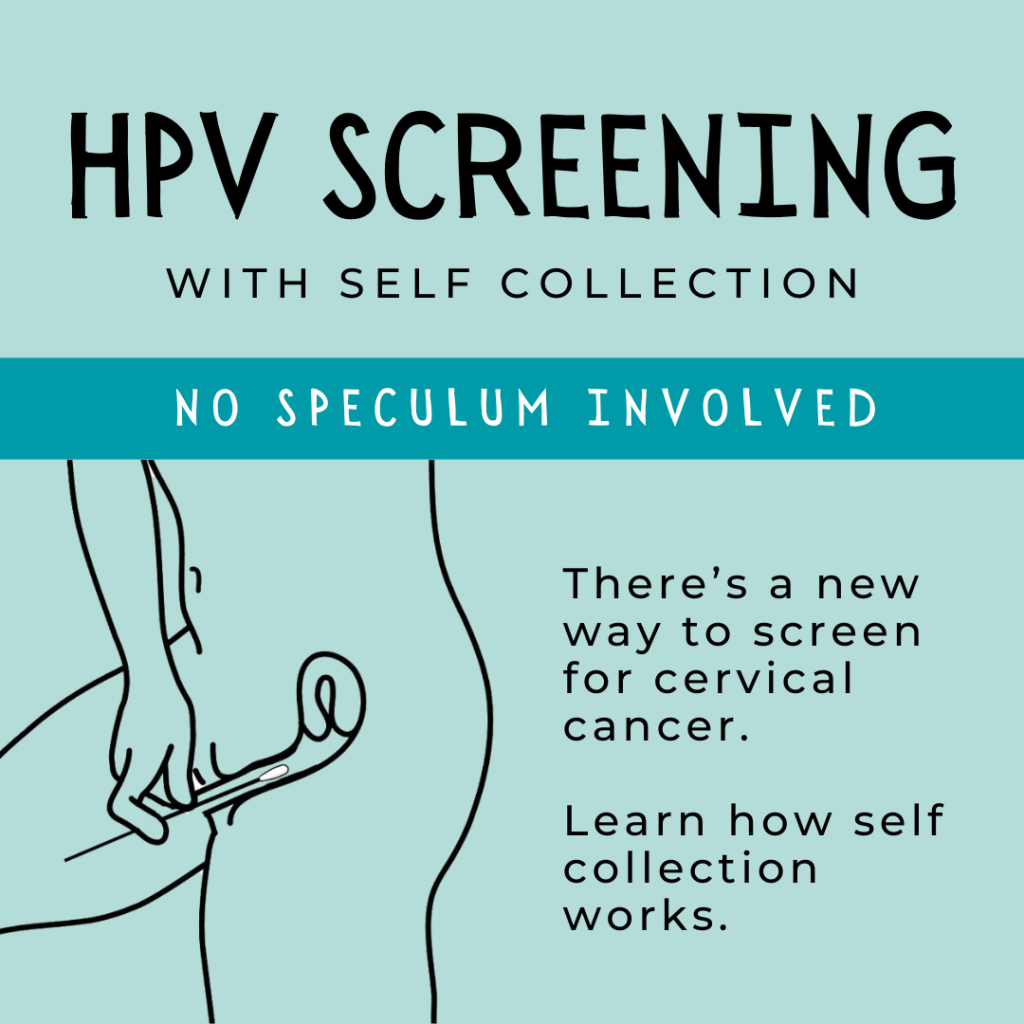
There’s a new way to screen for cervical cancer. With self-collection, you can take a sample of cells from your vagina. Your health care provider sends that sample to a lab that tests for HPV, the cause of almost all cervical cancer. You still have to go to your provider’s office, but there’s no pelvic exam, stirrups, or speculum involved. And research shows the results are just as accurate. Learn more at https://www.nccc-online.org/what-you-need-to-know-about-the-hpv-self-collection-test/ #StopHPVCancer
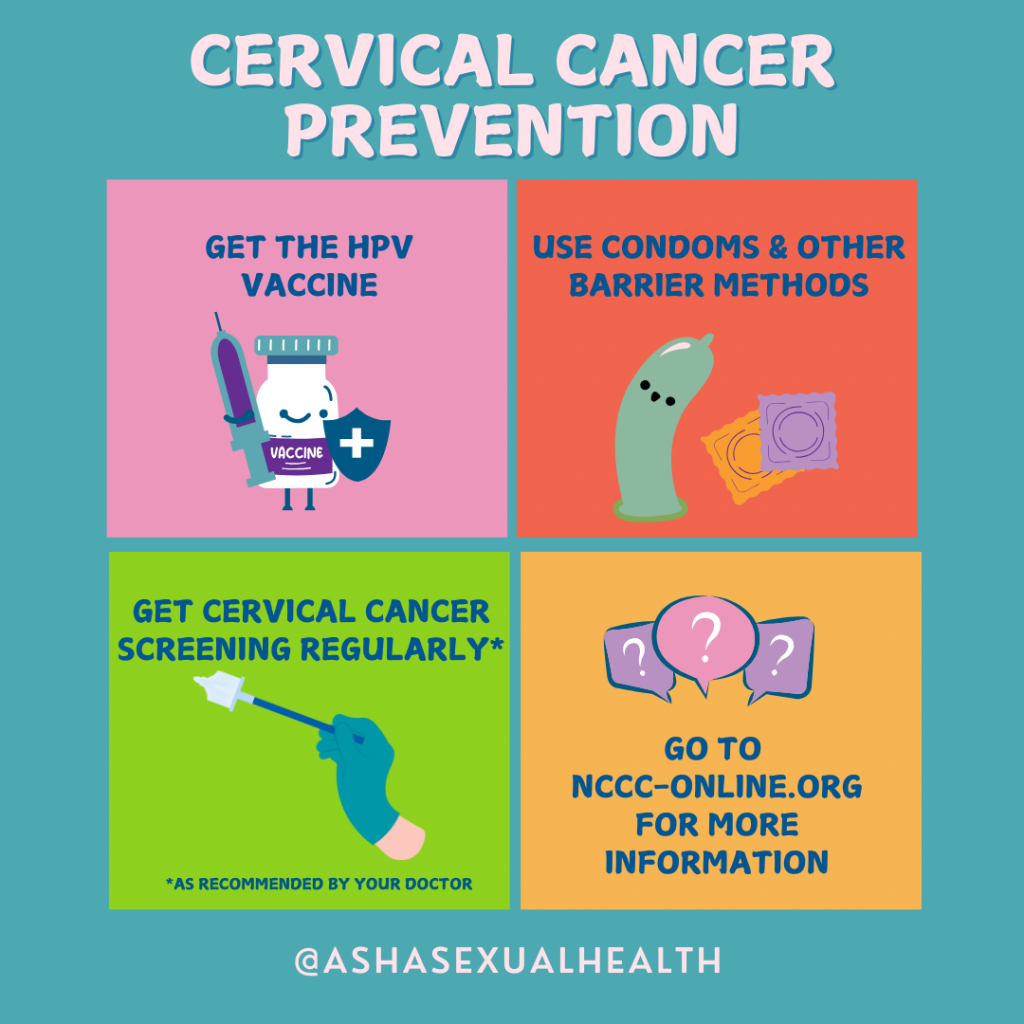
You can reduce your risk of cervical cancer by getting the HPV vaccine, using condoms, and getting cervical cancer screening (pap tests) regularly! #StopHPVCancer
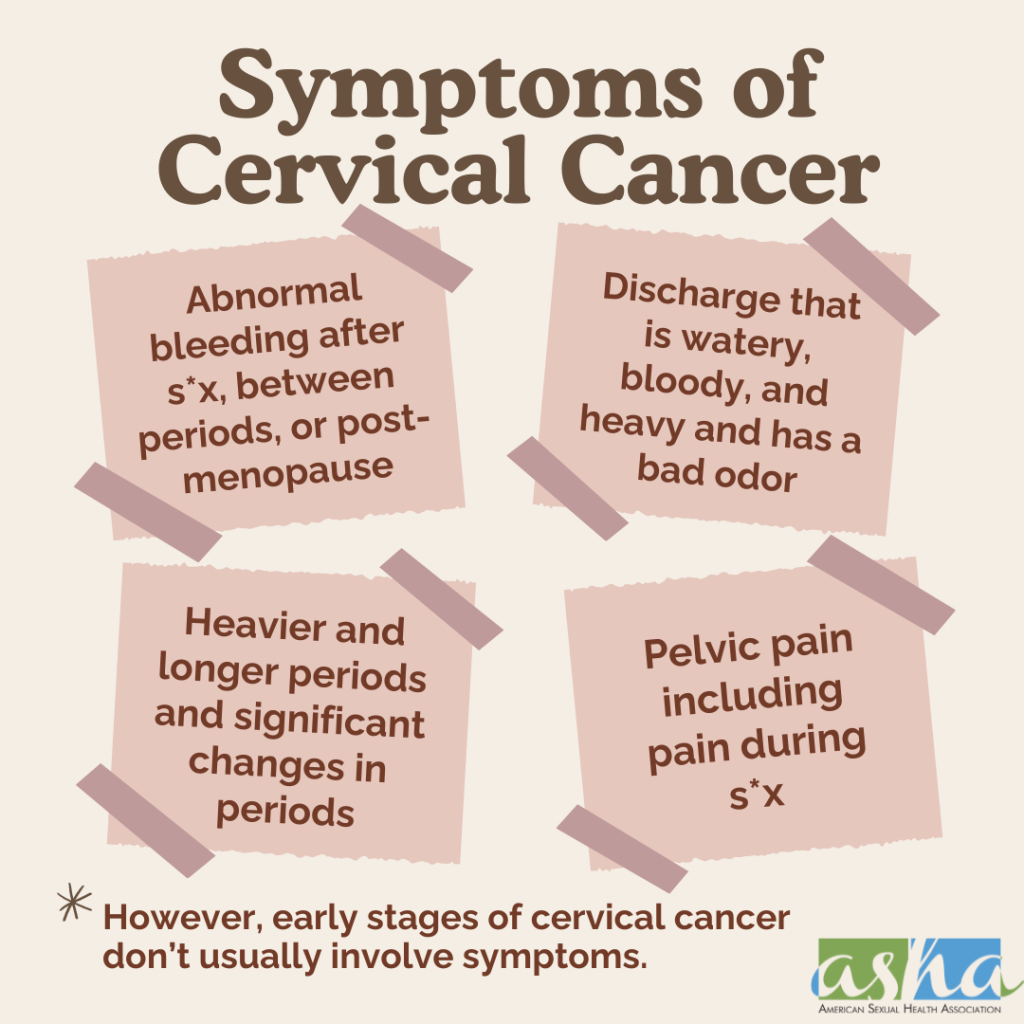
Did you know that cervical cancer often doesn’t have symptoms in the early stages? This makes regular screenings so important! #StopHPVCancer
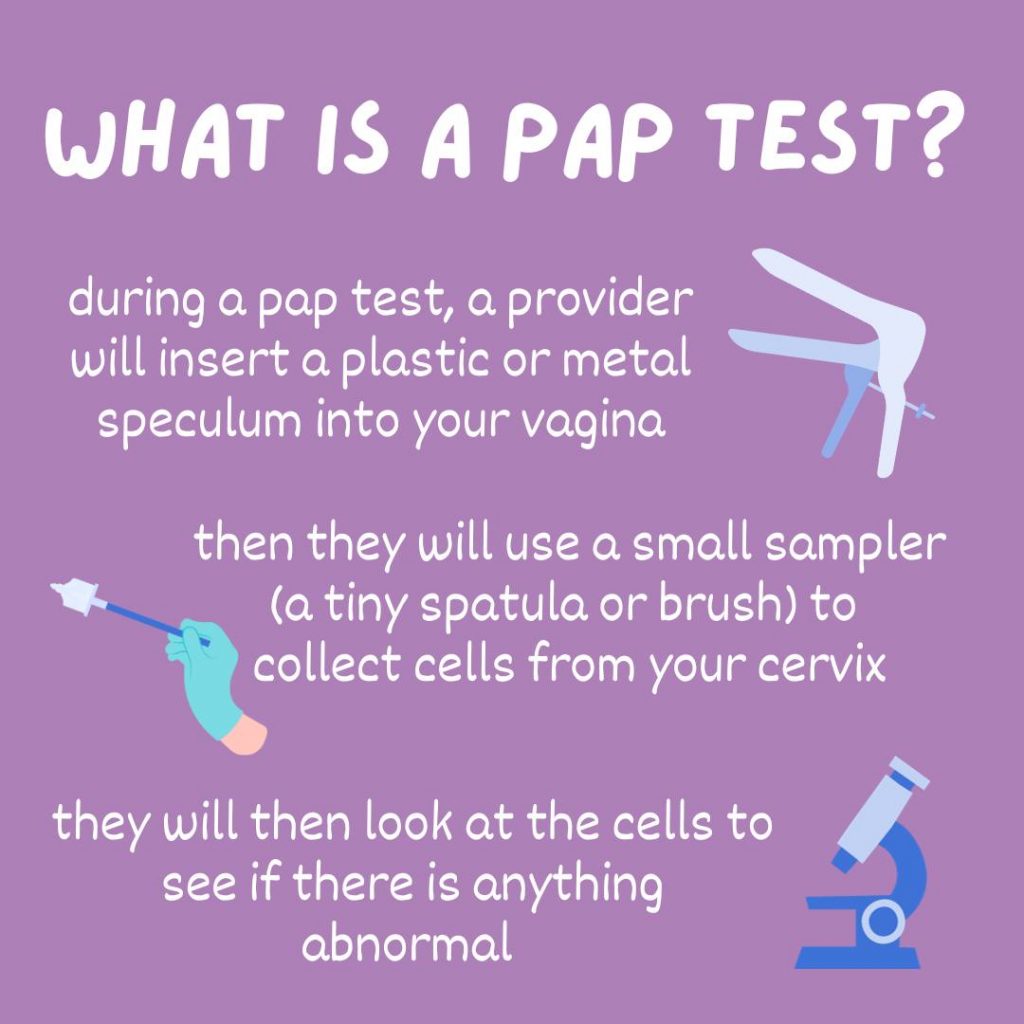
What does a Pap test consist of? A Pap test involves your healthcare provider using a speculum to examine your vaginal area. They will then collect cells from your cervix using a small brush to check for any abnormalities. The test only takes a few minutes. #paptest #cervicalcancer #cancerscreening
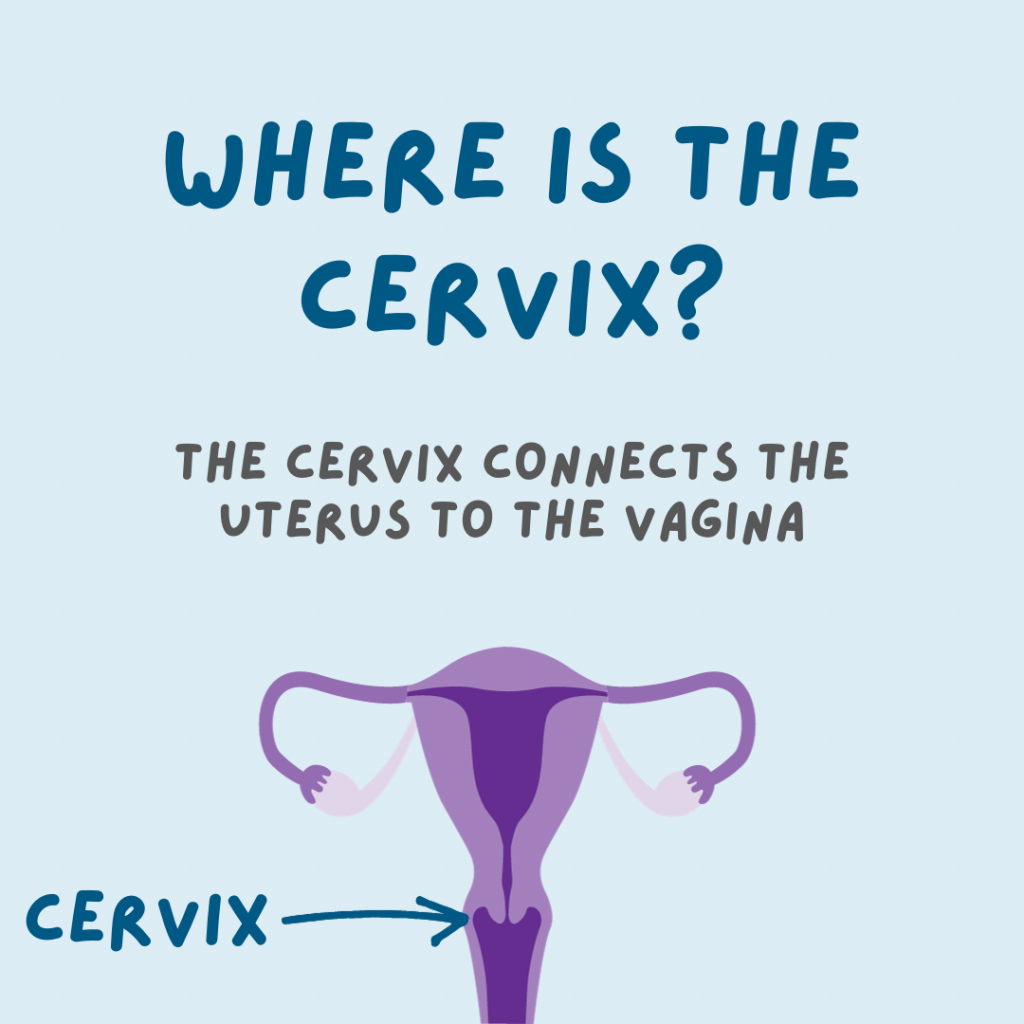
what is the cervix and where is it?
– the cervix connects the uterus to the vagina
– cells in the cervix can be abnormal and can lead to cervical cancer
– screening is an important way to catch these abnormal cells before cancer develops
Most cases of cervical cancer are preventable with vaccines, screening, and treatment. Find free/low cost screening near you and lets https://bit.ly/NCCCscreening #StopHPVCancer
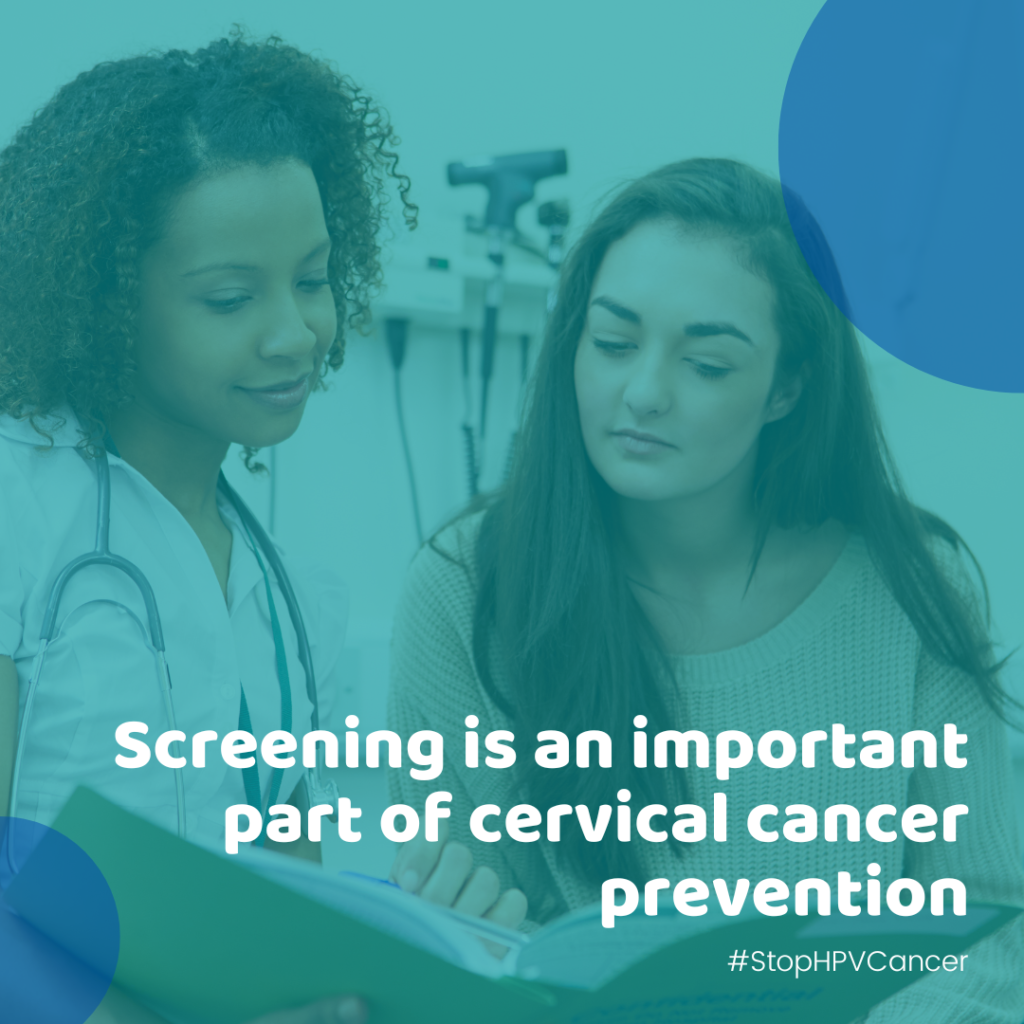
Most cases of cervical cancer are preventable with vaccines, screening, and treatment. Find free/low cost screening near you and lets https://bit.ly/NCCCscreening #StopHPVCancer
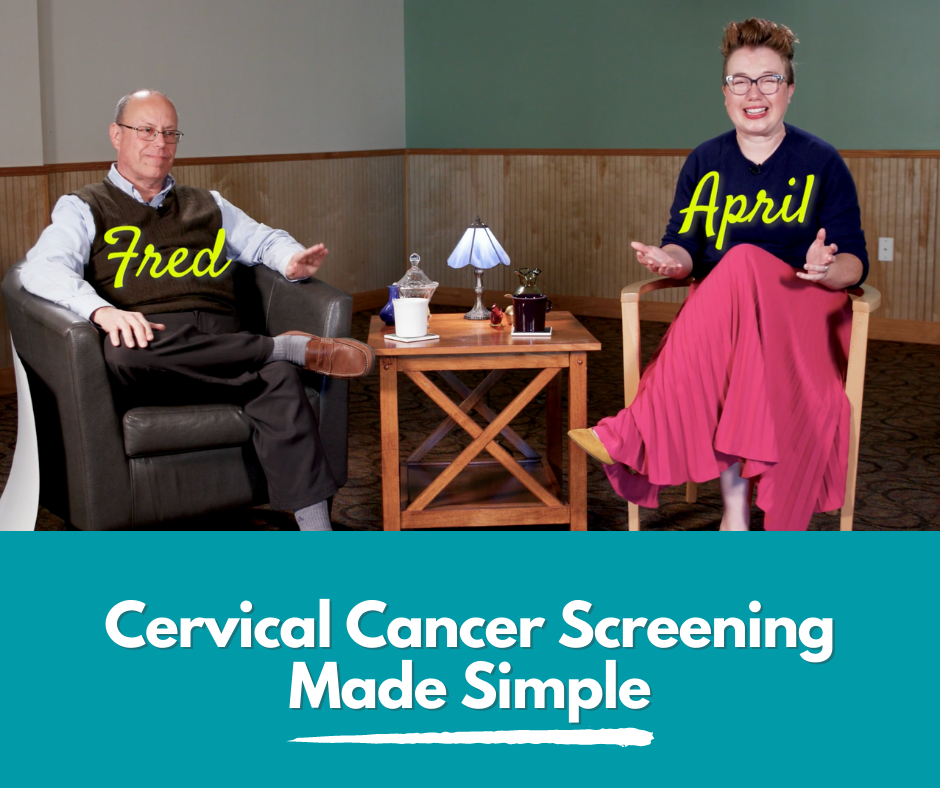
Sorting through cervical cancer screening options and recommendations can be confusing. What types of options are available? When should screening start? Do you need a Pap test, an HPV test, or both? And how often do you need to be screened? While it can seem complicated, Fred and April are here to break it down for you. https://bit.ly/CCscreeningjourney #StopHPVCancer
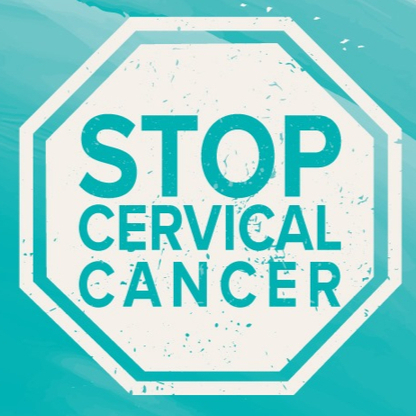
Each year in the United States, about 11,500 new cases of cervical cancer are diagnosed, and about 4,000 women die of this cancer. #StopCervicalCancer #StopHPVCancer
Resources
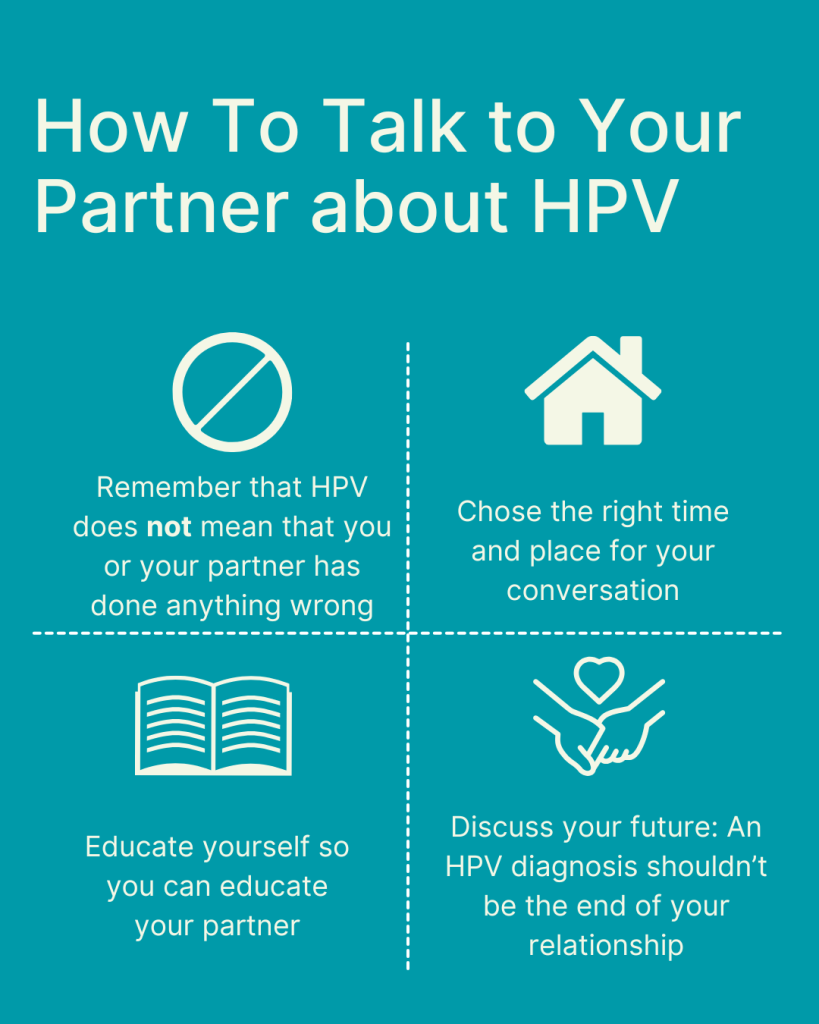
Are you wondering how to discuss HPV with your partner? Here are some tips! Click the link below to read more about HPV in relationships. https://www.nccc-online.org/hpvcervical-cancer/hpv-and-relationships/
#HPV #HPVcancer #HPVvaccine #GetVaccinated #StopCervicalCancer #CervicalCancer
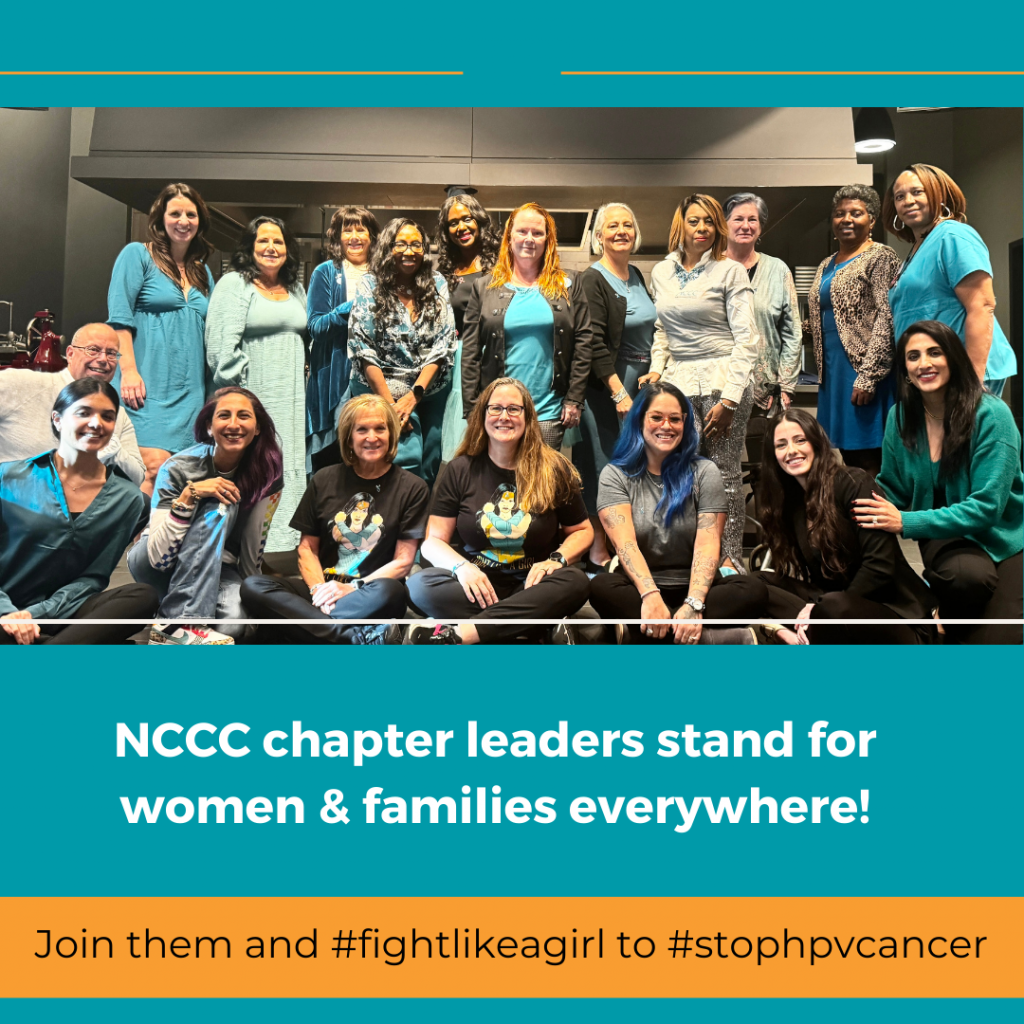
NCCC chapter leaders stand for women & families everywhere. Join them and #fightlikeagirl to #stophpvcancer! https://bit.ly/startlocalchapter
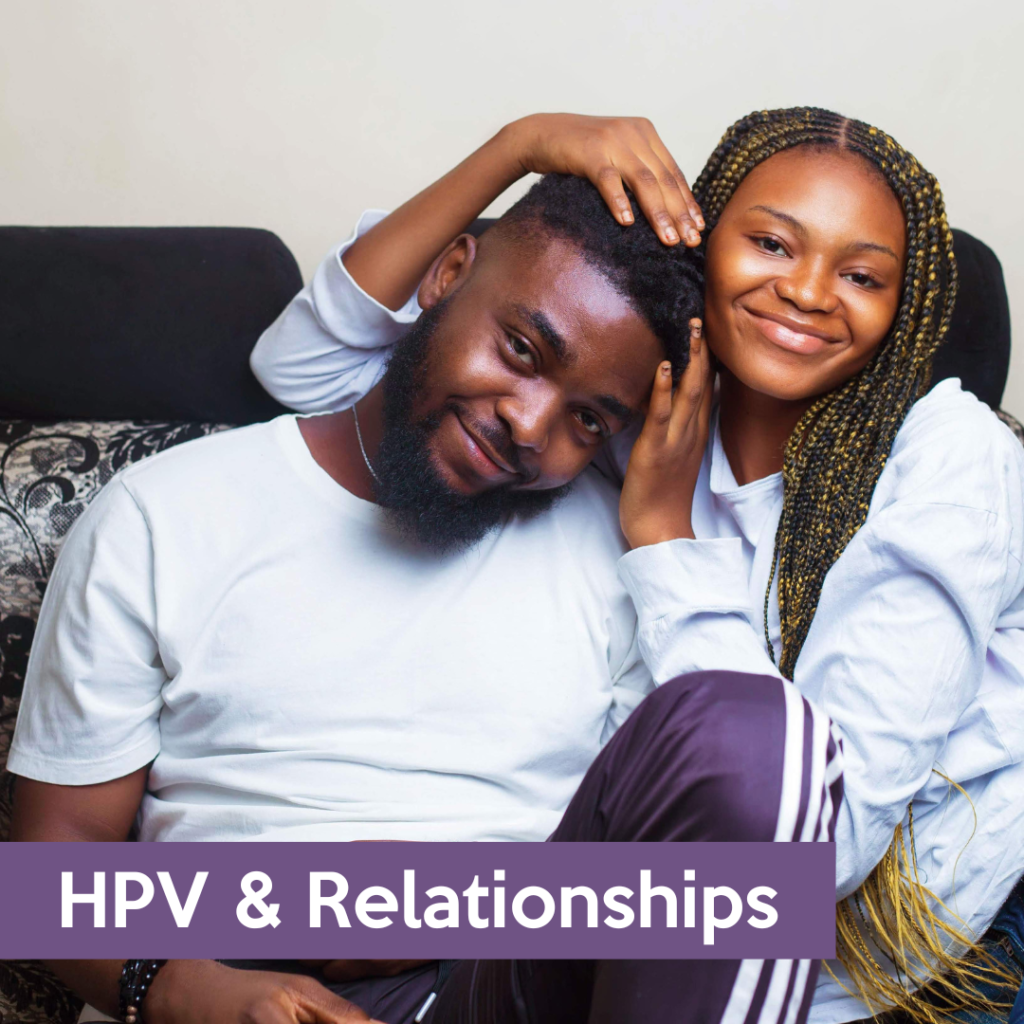
Can my partner and I pass HPV back and forth to each other? How do I talk to my partner about HPV? Check out answers to these FAQ and others! https://bit.ly/HPVandRelationships #StopHPVCancer
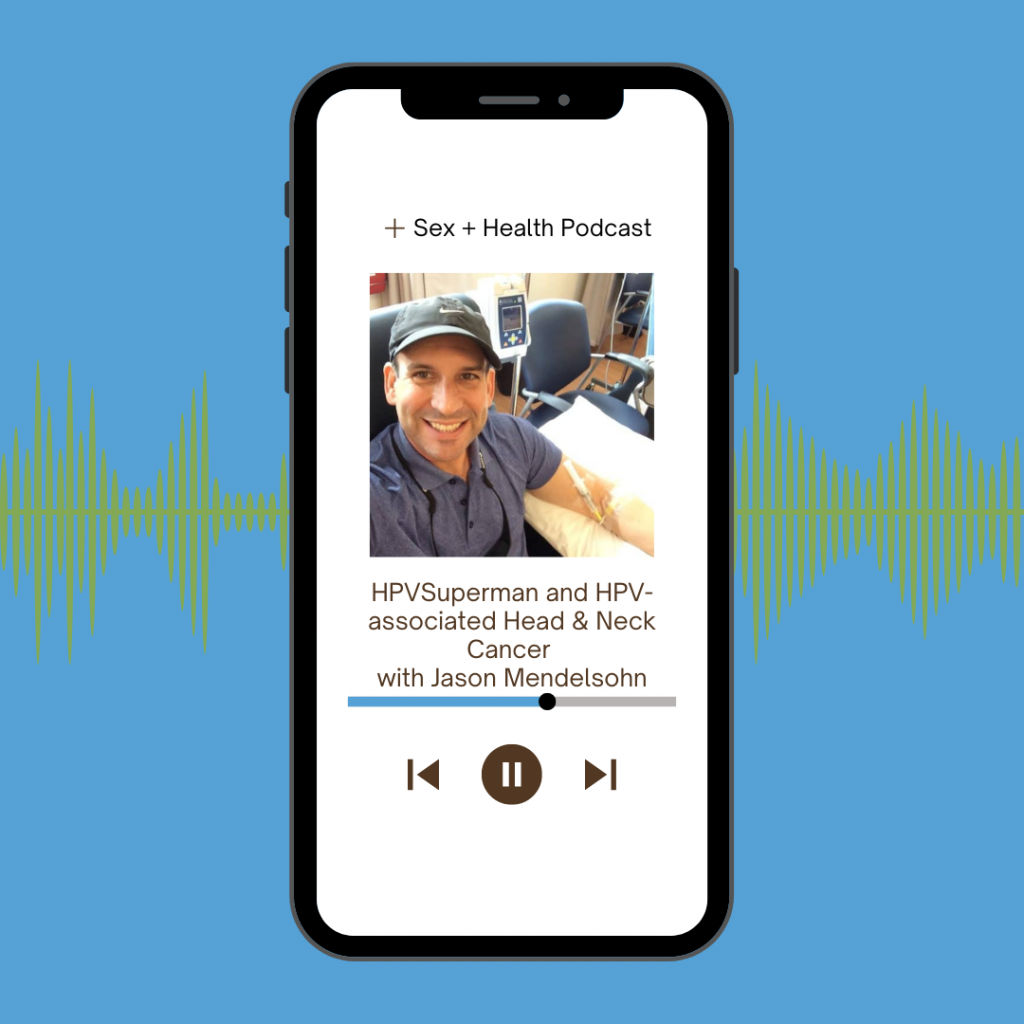
Listen as Jason Mendelsohn shares his experiences as a patient with stage 4 HPV-related tonsil cancer—chemo, radiation, surgery, and a crash course in dealing with a head and neck tumor—along with his advice for patients and caregivers. https://bit.ly/HeadNeckPod #StopHPVCancer
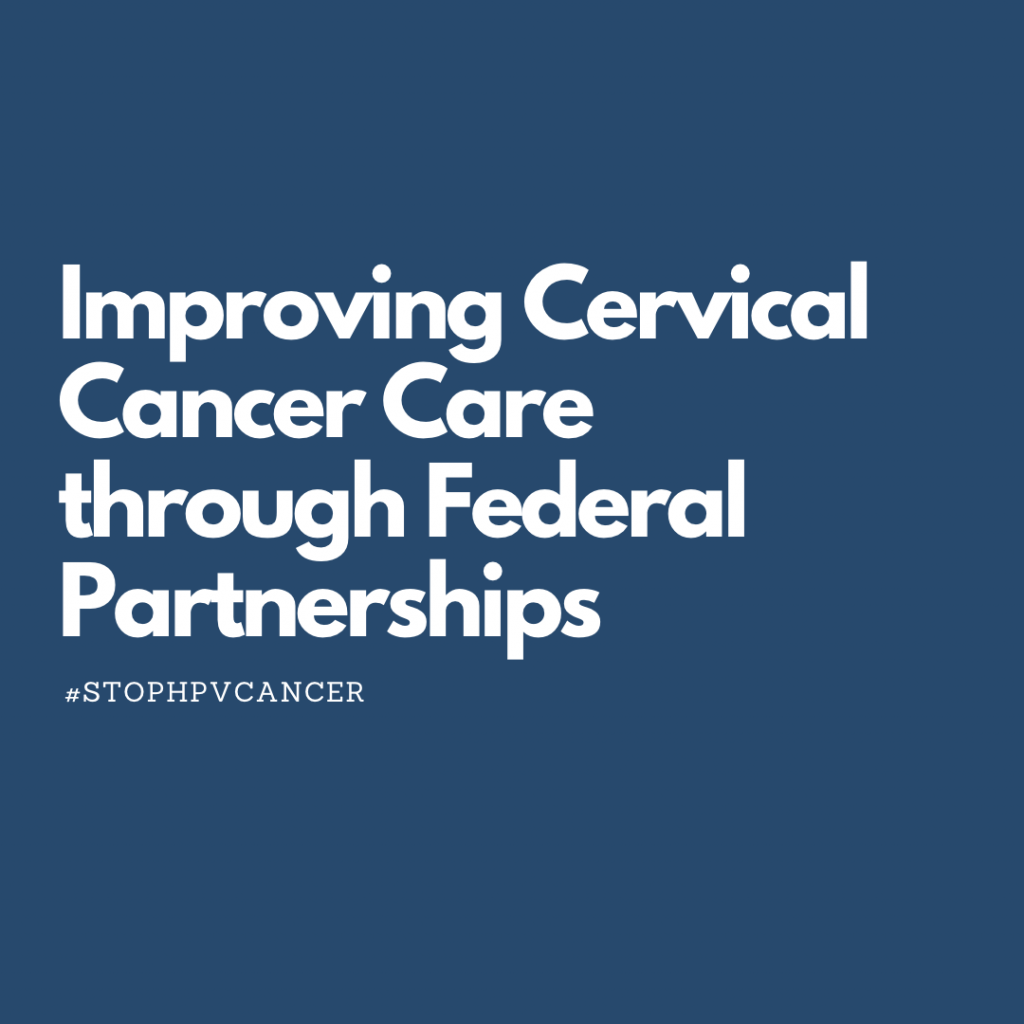
@HRSAgov works to improve patient #cervical #cancer care via federal partnerships. They have a Building Provider Capacity toolkit for clinicians & other staff toimprove quality of care, train staff, communicate with patients, and evaluate their programs. https://bit.ly/3NDKx6t #StopHPVCancer
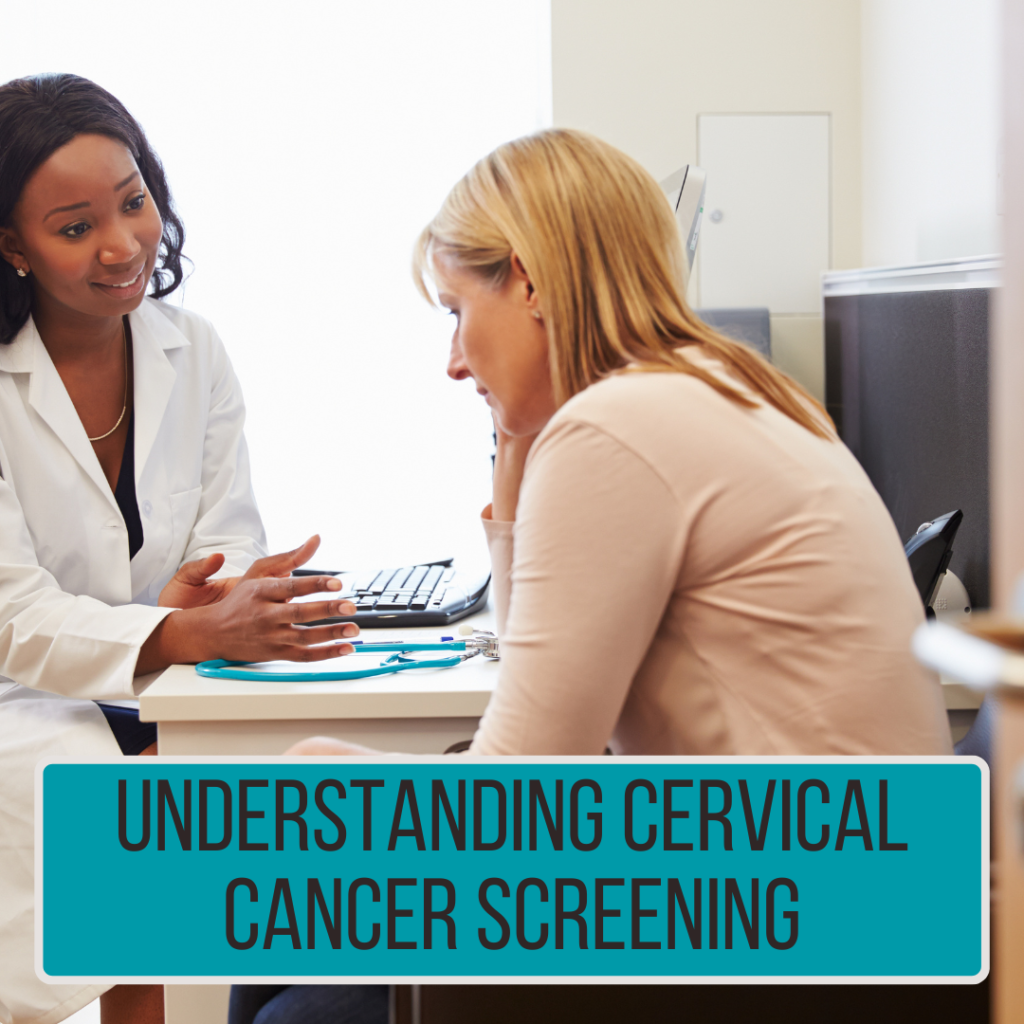
What happens when you have better informed patients? You get better outcomes! Understanding Cervical Cancer Prevention educates patients about screening (and follow-up) tests and vaccines. https://bit.ly/understandingscreening #StopHPVCancer

CancerCare’s Pet Assistance & Wellness (PAW) Program helps patients coping with cancer take care of their pets & keep them at home. Learn more and check out Chief Cuddle Officer Louie at https://www.cancercare.org/paw. #StopHPVCancer
- Last updated on February 3, 2026
